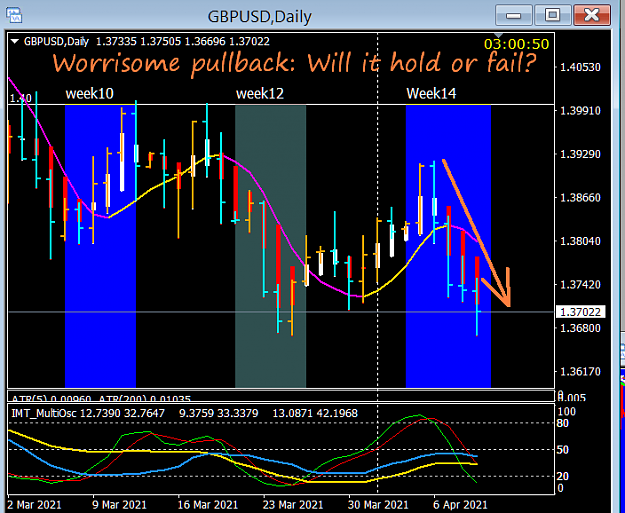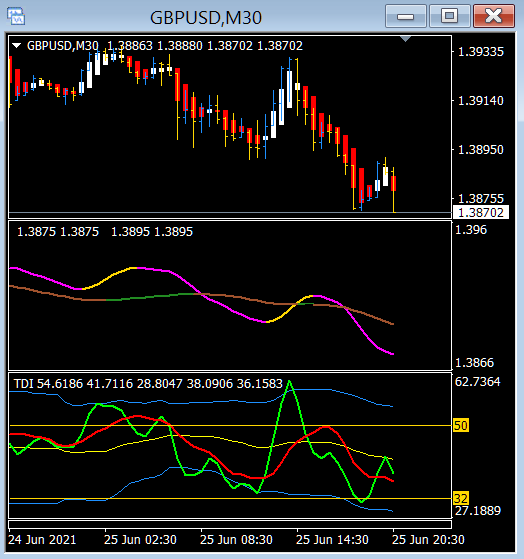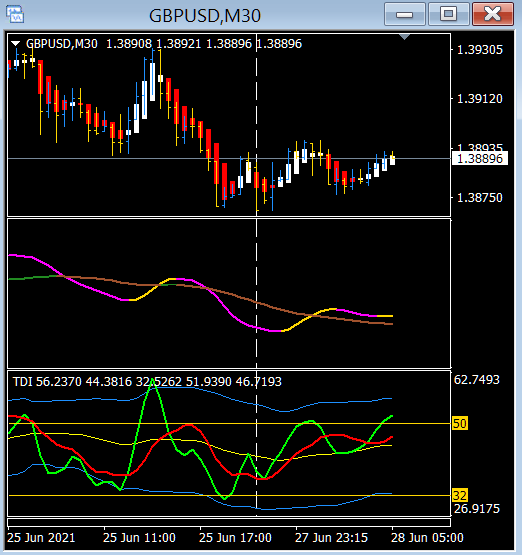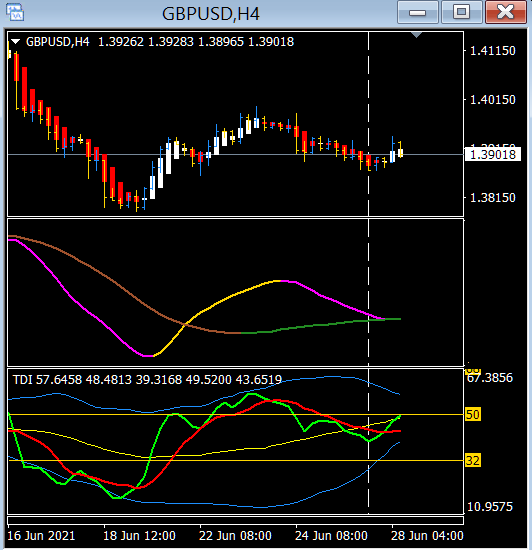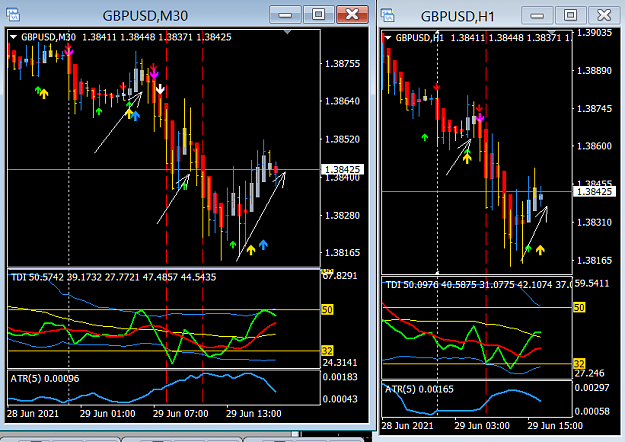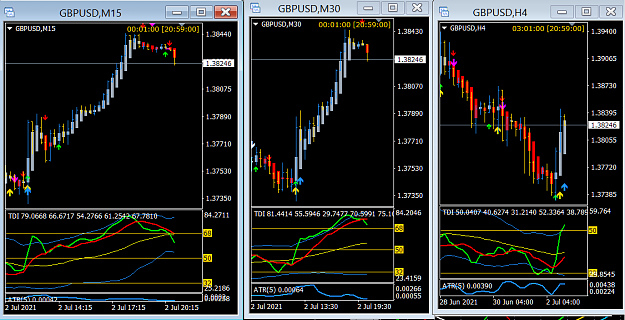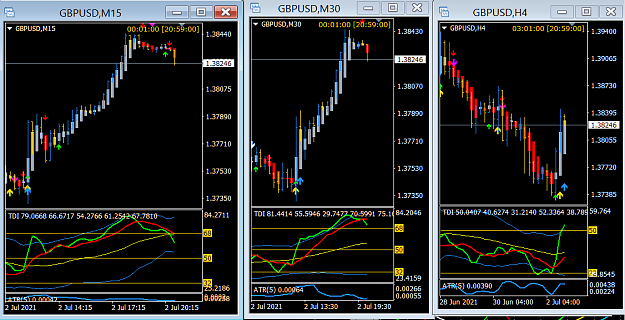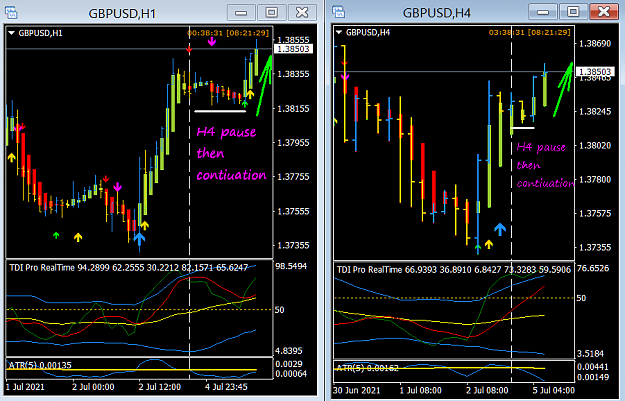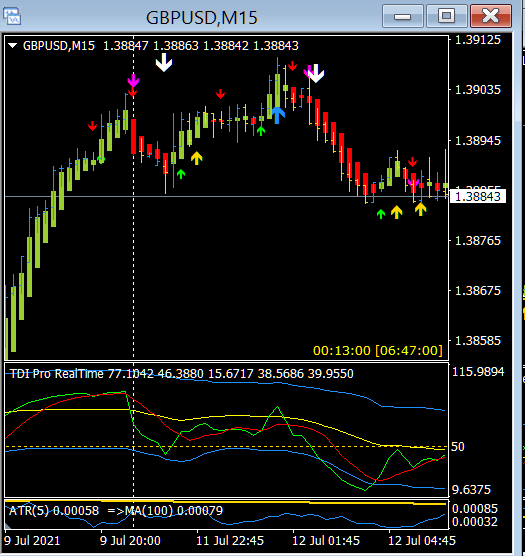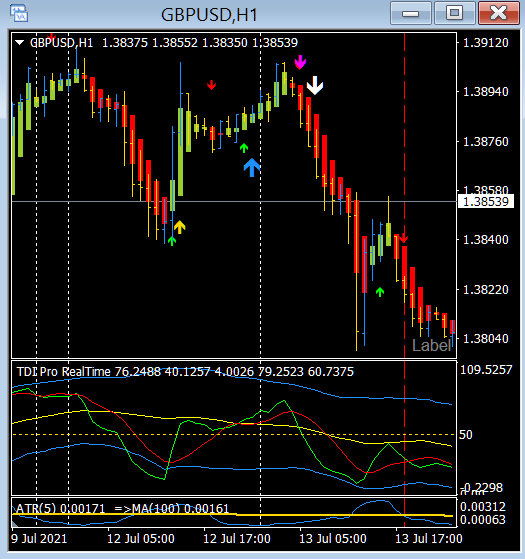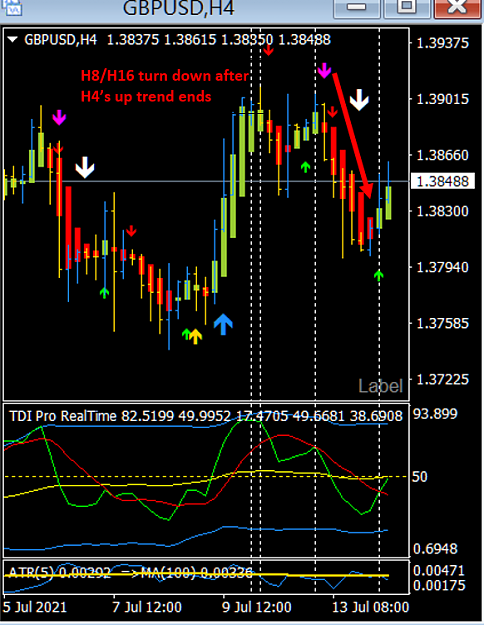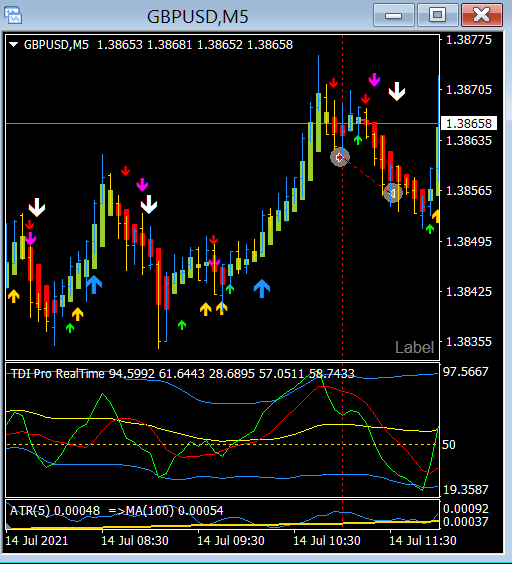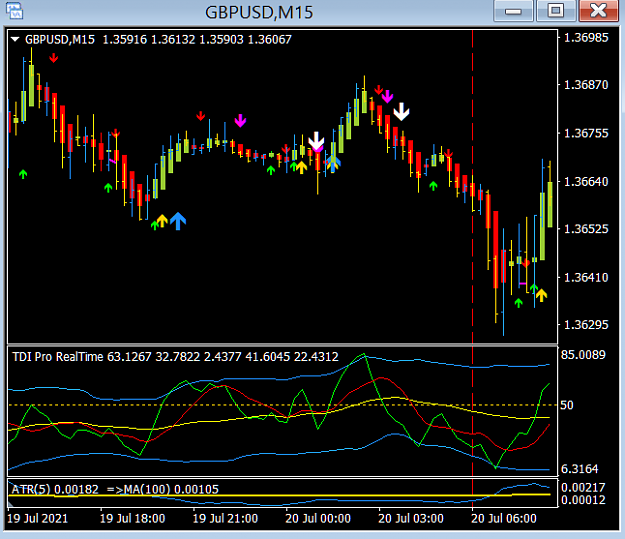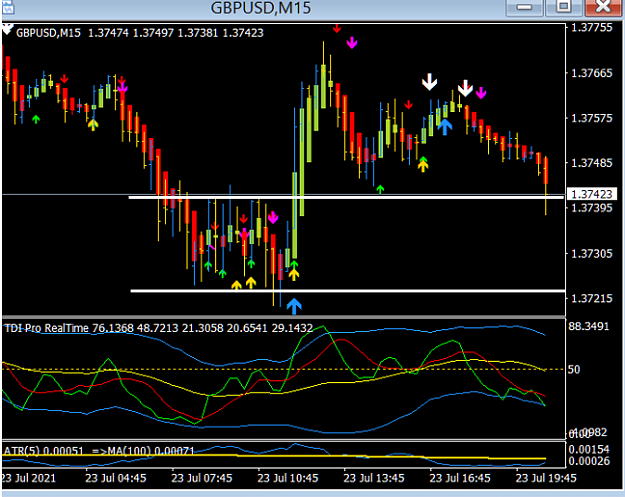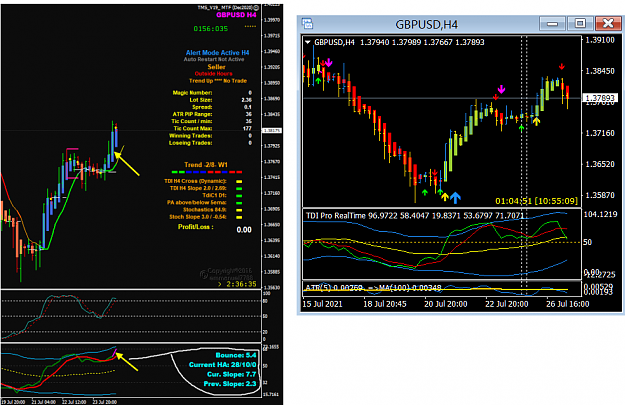DislikedIf you have been considering or even developing NNs for trading strategy optimization, perhaps this study will help you decide if you think that DOE may offer a simpler alternative to the NN approach. {image}Ignored
If NN were an iceberg, this rather important field under consideration would be the tip of the tip..
And -
The author, despite claiming to have a PhD, struggles with statistics. "There aren’t enough degrees of freedom in the model for very much statistical power. However, some tentative findings are possible."
No, when there are insufficient degrees of freedom there is no possibility of any findings that would be accepted as worth a second look. To suggest otherwise demonstrates a profound disdain of robust statistical method.
Look at the t-stats. All show no significance. But that is also a very flawed metric in a study of this nature and alarm bells ought to ring - there are far too many variables. Would probably need several thousand observations (not to be confused with data points, ie, days in the study).
Trading rules are at least factorial - n!, rather than additive. 5 rules = 120 possibilities. I know that's difficult to understand, but is bare minimum, a baseline. In reality, only then comes the grid search of the sample space.
This bloke is some consultant of sorts to hedge funds. Draw your own conclusions.
I'd read the other stuff referred to were I satisfied there was any merit in this study. I know of Larry Connors many fairly marginal ideas and attempts to make them appear legitimate. In one similar study which didn't include the VIX there were (at least) 720 parameters and just 79 trades. Yeah, overall positive result with the one optimised combination (not necessarily the global optimum by any means of course, a lucky intuitive guess - in a secular bull market everyone's a genius buying on dips).
